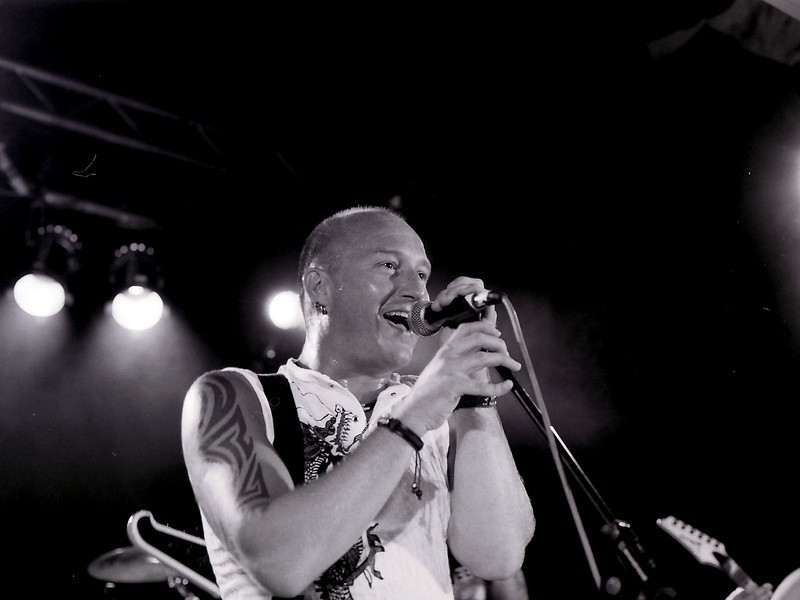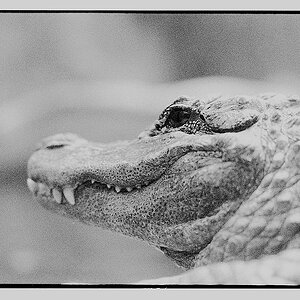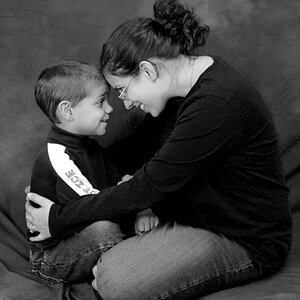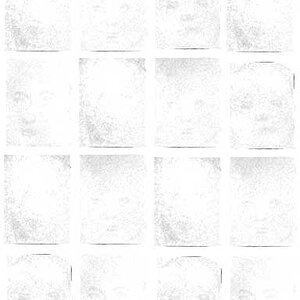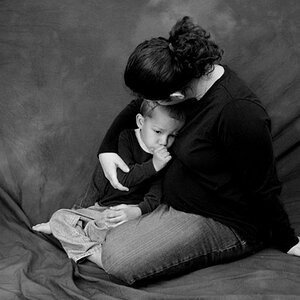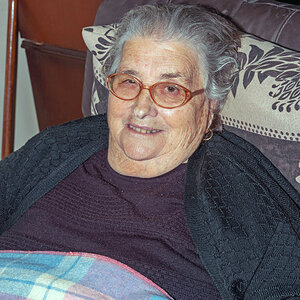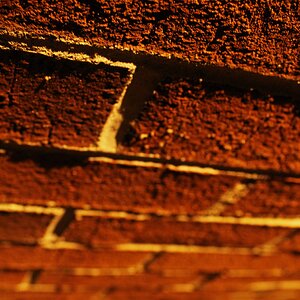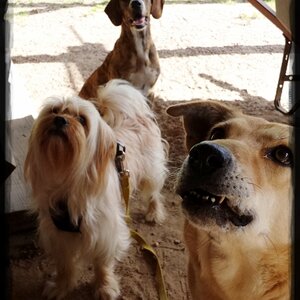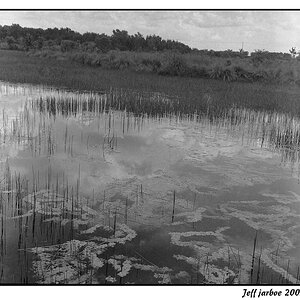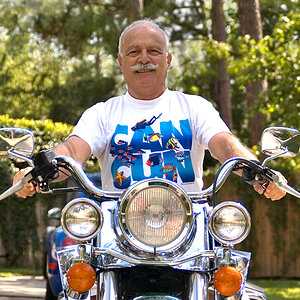NateWagner
TPF Noob!
- Joined
- Jun 2, 2008
- Messages
- 1,236
- Reaction score
- 0
- Location
- St. Petersburg, FL
- Website
- www.loneoakphotography.com
- Can others edit my Photos
- Photos OK to edit
I will say... film is typically much cheaper than digital at least to get started. I mean, you can get an old Canon AE-1 with some FD mount lenses for quite cheap. From there you can decide if photography is for you, if so just resell it.
One advantage for using old film cameras is that because they don't have all the program modes you are forced to learn how ASA/ISO Aperture, and Shutter speed work together.
You can learn it just as well using a DSLR, but because you don't have to, many times people don't.
One advantage for using old film cameras is that because they don't have all the program modes you are forced to learn how ASA/ISO Aperture, and Shutter speed work together.
You can learn it just as well using a DSLR, but because you don't have to, many times people don't.


 if developed as 100 speed, if it had been pushed in developement as if it was 800 speed it would have been ok just grainy
if developed as 100 speed, if it had been pushed in developement as if it was 800 speed it would have been ok just grainy
